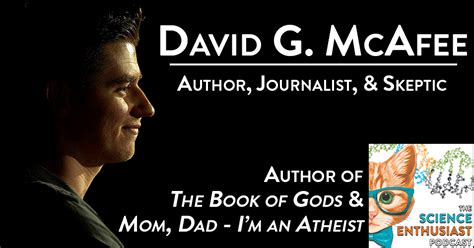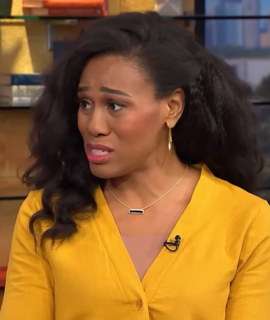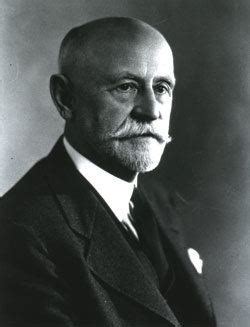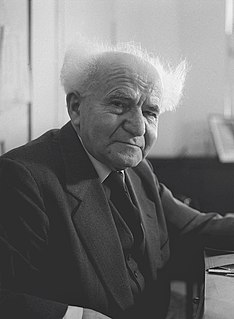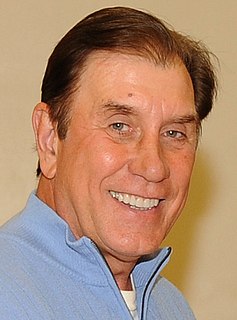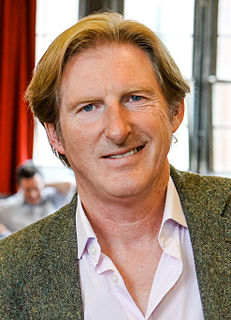A Quote by David G. McAfee
Believers often forget that most atheists used to be religious, that many non-believers used to think they had a personal relationship with their God and they used to 'feel' the power of prayer. They've since learned that it was all a farce, that their feelings were internal emotions and not some external force.
Related Quotes
Since I invoke Torah so often, let me state that I don't personally believe in the God it postulates ... I am not religious, nor were the majority of the early builders of Israel believers. Yet their passion for this land stemmed from the Book of Books ... [The Bible is] the single most important book in my life.
Believers are often thought of as people who have some kind of private conviction or repudiation of something, whereas "the faithful" refers to a relationship, which was also incidentally the earlier sense of "faith" in premodern, preliberal Christianity. This is not to say, incidentally, that "faith" refers simply to external behavior as opposed to internal belief but that it refers to an act.
We have some goats, some chickens, and we used to have pigs. There used to be two ostriches as well, but they were a little bit violent, so we had to give them away. When we were little, we used to play with the goats all the time. We each had our own little goat, and we'd go and run around with them.
The Founding Fathers were more deists. If you had to categorize them as anything. There was some sort of moving prime force. But it's an impersonal force. Some people call it Nature. Certainly not this personal god who you have a personal relationship with, who listens to your prayers and answers them, or doesn't. You know, not the silly stuff that most Americans believe because we're such a dumb nation.
Secularists are wrong when they ask believers to leave their religion at the door before entering into the public square. Frederick Douglass, Abraham Lincoln, Williams Jennings Bryan, Dorothy Day, Martin Luther King - indeed, the majority of great reformers in American history - were not only motivated by faith, but repeatedly used religious language to argue for their cause. To say that men and women should not inject their "personal morality" into public policy debates is a practical absurdity.
I used to pray that God would feed the hungry, or do this or that, but now I pray that he will guide me to do whatever I'm supposed to do, what I can do. I used to pray for answers, but now I'm praying for strength. I used to believe that prayer changes things, but now I know that prayer changes us and we change things.
Disconnected from my feminine soul, I had also unknowingly forfeited my power to name sacred reality. I had simply accepted what men had named. Neither had I noticed that when women give this power away, it is rarely used to liberate and restore value to women. More often it is used to shore up and enhance the privileged position of men.
Yes, believers and non-believers and skeptics can all live together and get along. But there cannot be an imperialistic imposition of religion by the state or by the church. All people must be equal--believers, skeptics, disbelievers, atheists, and those who chose religion. Unless we are all deemed equal, and unless the morality of disbelief is deemed the equivalent of the morality of belief, we will simply be tolerated, and that is not the American way.
'Christian' used to be a throwaway word. People didn't used to use it much. People didn't start self-labeling or getting labeled Christian until the last part of the 20th century. Before that, you might identify as a Baptist, or a Southern Baptist or a Methodist. But there wasn't one identifier that put you in a fold with all the other believers.
Up until the middle of the nineteenth century, men of science were all believers. Most of the great early English naturalists were also ministers; they were the only ones who had education and leisure for such pursuits. Darwin himself almost became a minister. God's power was always thought to be most easily and obviously revealed in the majestic works of nature.
